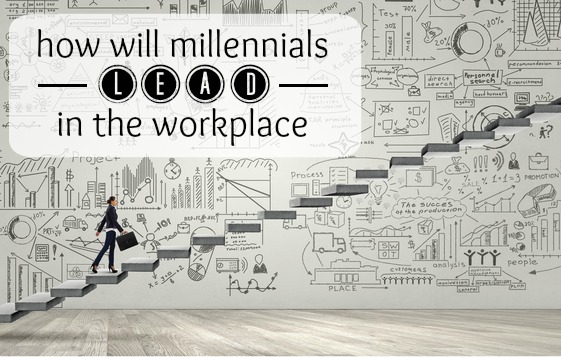As Millennials begin settling in as professionals, many have begun to shift their focus to securing a management position. According to The Atlantic, 30% of 21-32 year-olds have already achieved a management position. How will your organization or industry change as more Millennials gain decision-making influence? Or more importantly, what type of leaders will Millennials be?
Deloitte’s 2016 Millennial Survey gives us some interesting insights into how Millennials will lead. The survey states, "It’s typically thought that we start as idealists and become realists later in life, or as we climb the corporate ladder. The Millennials seem to be turning that thinking on its head."
- 64% of senior Millennials (heads of department and above) say personal values have the greatest influence when making decisions at work…compared to 49% of junior Millennials (graduates and junior positions).
- 61% of senior Millennials have chosen not to undertake a task at work because it went against personal values…compared to 39% of junior Millennials.
- 65% of senior Millennials say purpose is part of the reason they chose to work at their company…compared to 50% of junior Millennials.
- 34% of senior Millennials said their values are exactly in line with their organizations…compared to 11% of junior Millennials.
- 58% of senior Millennials expect to leave their current organization by the end of 2020…compared to 68% of junior Millennials.
- 80% of senior Millennials believe their personal values are shared by the organizations they work for…compared to 70% of non-senior Millennials.
Related Read: 10 Alarming Statistics that Expose Why Millennials Leave Organizations
What the data teaches us about Millennials as leaders.
- Millennials want to contribute to the positive impact they believe business has on society, but in so doing, they wish to stay true to their personal values.
- Millennials will accept leadership positions with employers that have a clear purpose.
- Millennials are more likely to climb the corporate ladder with an organization that shares their values.
- Expect Millennial leaders to base their decisions as much on personal values as on the achievement of specific targets or goals.
- Millennials in leadership roles are more likely to remain loyal to the organization.
- Millennial leaders have a desire to rebalance business priorities by putting people before profit.
- Millennials’ “people-first” values will remain with them as they take on greater levels of responsibility.
- Millennials are in broad alignment with senior executives on initiatives that support long-term success, they value approaches that directly impact individuals via jobs, income, skills, or quality products.
- While Millennials wouldn’t wish to work in a highly regimented and controlled environment, they understand the need for people to be held accountable for their actions and performance.
Just as Millennial workers have left so many organizations scrambling to adjust, Millennials who enter the boardroom and those in senior positions will cause a similar shake-up.
Question: What characteristics do you anticipate Millennial leaders to have?
Consider Ryan Jenkins to be your next Millennial/Generation Y or Generation Z keynote speaker by clicking here...
![]()






